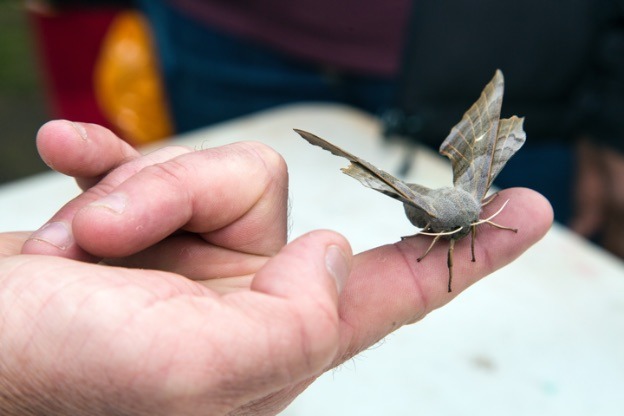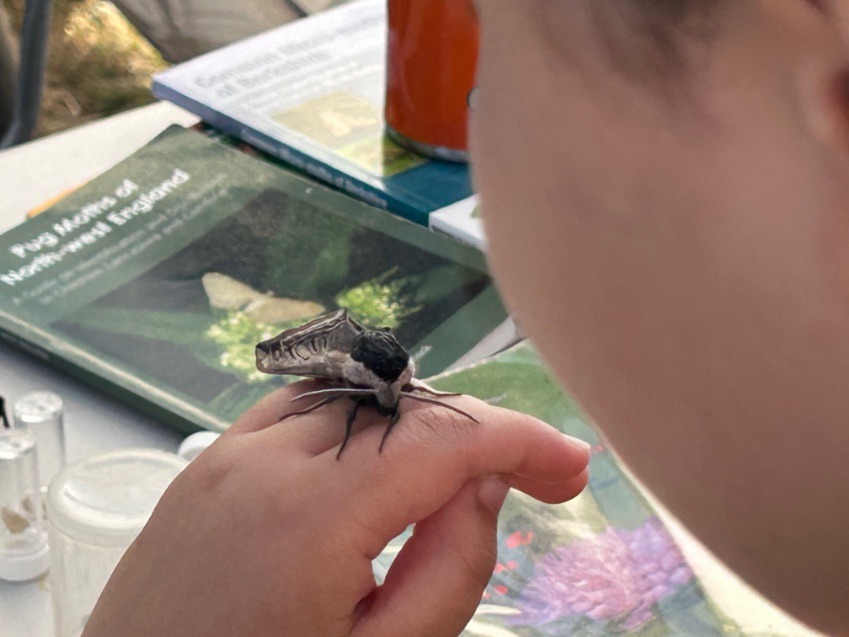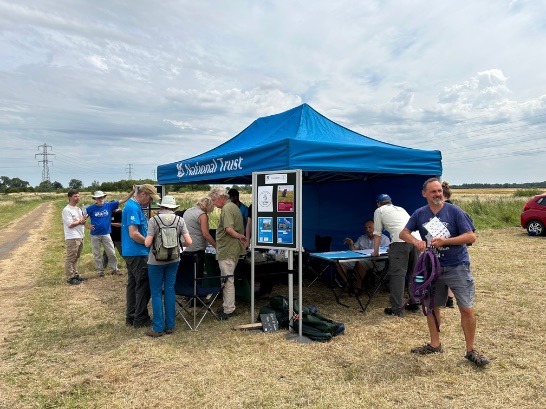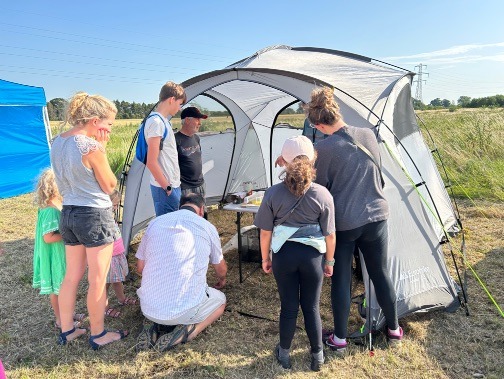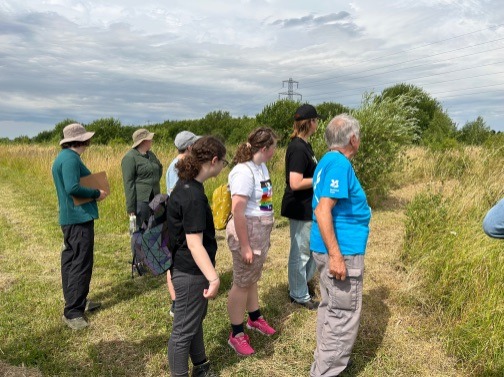With the help of the local community, on Saturday 8 July 2023, the National Trust carried out its first-ever BioBlitz of White Fen near the villages of Lode and Swaffham Bulbeck. White Fen is part of the wider 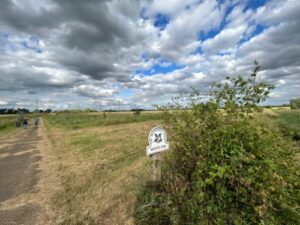 Wicken Fen National Nature Reserve, and the BioBlitz has been made possible by The National Lottery Heritage Fund.
Wicken Fen National Nature Reserve, and the BioBlitz has been made possible by The National Lottery Heritage Fund.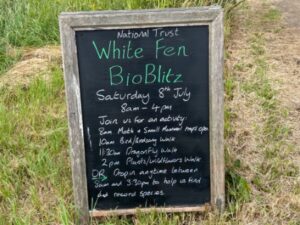 The BioBlitz helped to capture a snapshot and record all the living species on the eight hectares of White Fen on the day. White Fen has never been surveyed before and the National Trust with the help of volunteers from the local community, is building a fuller picture of the species that call this fenland site home.
The BioBlitz helped to capture a snapshot and record all the living species on the eight hectares of White Fen on the day. White Fen has never been surveyed before and the National Trust with the help of volunteers from the local community, is building a fuller picture of the species that call this fenland site home.
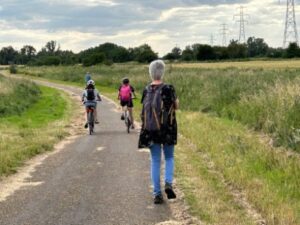
A bioblitz is a communal citizen-science effort to record as many species within a designated location and time period as possible. Bioblitzes are great ways to engage the public to connect to their environment while generating useful data for science and conservation. It counted as many species as possible during the day. It was also an excuse for naturalists, scientists, and curious members of the public to meet in person in the great outdoors and are a lot of fun!
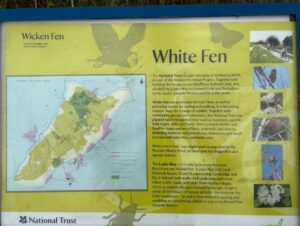
The BioBlitz was part of Wicken Fen’s community engagement project, Footprints, and is supported by The National Lottery Heritage Fund. The project also funds the work the National Trust is doing with their team of Nature Champions – a group of 14 to 18 year olds who regularly volunteer on the reserve and will be helping to run the BioBlitz.
Helping to run the day, with the Wicken Fen team and Nature Champion volunteers, were representatives from the British Dragonfly Society and the Cambridgeshire Mammal Group.
Saving Our Wild Isles: Wicken Fen Nature Reserve is currently home to over 9000 species and is a Site of Special Scientific Interest. Spot checks like this help the team at Wicken Fen to understand how nature on the reserve is doing. The results from the BioBlitz will help locally but will also be fed into national conservation databases – so those who take part will be helping to build a national picture of conservation and will help understanding of the impact of climate change.
The UK is currently in the bottom 10 per cent of countries globally for protecting nature. 30 million birds have vanished from our skies in the last 50 years, 97% of our wildflower meadows have been lost since the 1930s and a quarter of our mammals are at risk of extinction. That’s why the WWF, RSPB and National Trust are sounding the alarm for nature and urging people to take action to help with the Save Our Wild Isles campaign. This BioBlitz was one way to get involved – it created a baseline from which the National Trust can monitor changes in years to come.
More information about a BioBlitz can be found here.


